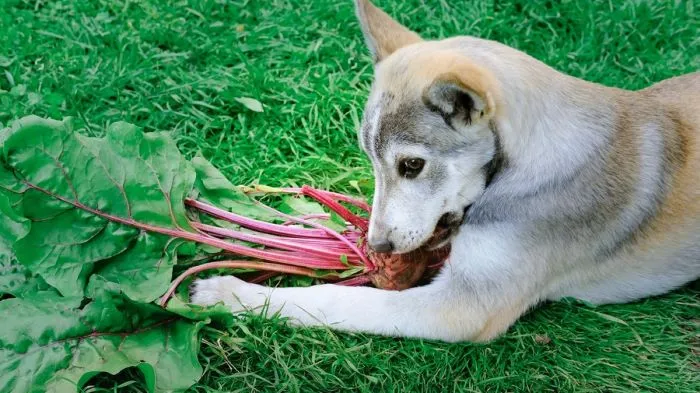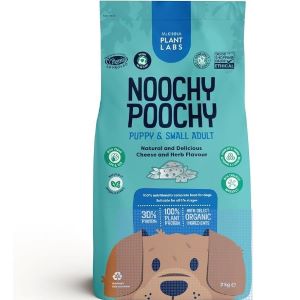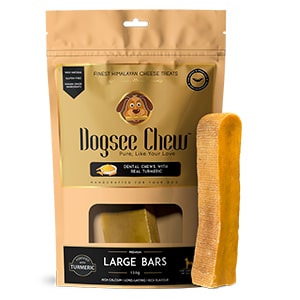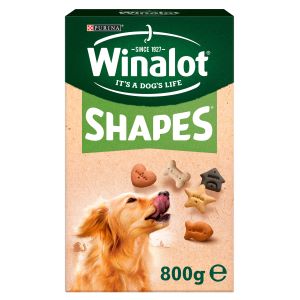Beetroot is a nutritious root vegetable that many humans enjoy. However, pet owners may be curious about whether or not it is safe for their dogs to consume. You may wonder, Can Dogs Eat Beetroot?
In this article, we’ll explore the benefits and risks of feeding beetroot to dogs and provide guidance on how to safely incorporate it into their diet. Read on to find out more!

You Might Also Like:
Can Dogs Eat Beetroot?
Yes dogs can eat beetroot. They are a great addition to a dog’s diet and provide a number of beneficial nutrients. According to the American Kennel Club, beetroot is rich in fibre, antioxidants, and vitamins such as folate, potassium, and vitamin C.
It also contains nitrates which can have health benefits for both humans and dogs, including improving blood flow and reducing blood pressure.Just like any other vegetable, beetroots can be served in moderation. They are proven to improve the blood flow, skin, and coat of dogs too.
Just like with other fruits and vegetables dog owners often wonder about, such as can dogs eat bananas?
Benefits of Feeding Beetroot to Your Dog
Feeding beetroot to your dog[1] can provide a range of health benefits. Here are some of the main advantages:
Rich in Nutrients:
Beetroot is a great source of folate, potassium, and vitamin C, all of which are vital for a dog’s general health. These vitamins and minerals can lower blood pressure, prevent anaemia, and strengthen the immune system.
Fibre:
According to AAFCO, dogs should get between 1 and 10% fibre with each meal. Beetroot can fulfil that need and helps regulate the dog’s digestive system and prevent constipation.
Iron:
Beetroot is well known for this mineral, which supports your dog’s cardiovascular and respiratory health.
Antioxidants:
Beetroot is rich in antioxidants, which can help protect against cellular damage and reduce the risk of diseases such as cancer.
Beetroot provides vitamins and minerals that are vital for a dog’s health, similar to how broad beans can also be a nutritious choice. But are broad beans good for dogs?
Drawbacks of Feeding Beetroot to Your Dog
While beetroot can provide several health benefits for dogs, there are some drawbacks to be aware of. Here are a few potential risks of feeding beetroot to your dog:
High Sugar Contents:
Beetroot is relatively high in sugar, which can be problematic for dogs with diabetes or other conditions that require a low-sugar diet.
Urine Discoloration:
Beetroot can cause urine to turn pink or red due to a compound called betacyanin. While this is not harmful to the dog, it can be alarming for owners who are not aware of this effect.
Bladder Stones:
Bladder stones are another common disease in dogs. According to research, the presence of oxalates in the urinary system is associated with the development of stones.
While beets do have some risks, they are generally safe for dogs to eat in moderation, unlike plums which contain toxins harmful to dogs. This makes dog owners wonder, can dogs have plums?
How to Serve Beetroot to Your Dog?

If you’ve decided to feed beetroot to your dog anyway, here are a few tips on how to serve it:
Cooked or Raw:
Beetroot can be served cooked or raw, but it’s important to chop it into small, bite-sized pieces. Some dogs may prefer the texture and taste of cooked beetroot, while others may prefer it raw.
Avoid Seasoning:
Avoid flavouring the beetroot you give your dog with salt or other spices. In addition, some spices may be unhealthy for dogs’ health. Dogs do not require additional salt in their food.
Beet Juice:
A great way to enjoy the nutrients in this root is to squeeze it into juice once it has been ground up. However, it is important to keep the sugar level in the juice under control.
FAQs
Can dogs eat canned beets?
While dogs can safely consume simple, cooked beets in moderation in small amounts, canned beets may have added salt and other toxic additives. It is preferable to restrict feeding dogs to freshly cooked, finely chopped beets.
Are There Health Risks in Giving My Dog Beets?
Since beets are high in carbohydrates and sugar, your dog should only consume a small amount. They may get obese or develop pancreatitis as a result of eating too much sugar. Oxalic acid is abundant in beets and can cause kidney stones, bladder stones, and urine crystals. Calcium deficits can also be brought on by oxalic acid.
Can Beets Turn My Dog’s Urine Red?
Yes indeed, so don’t panic if your dog pees dark pink or red for the next 12 to 24 hours after eating beets. The betalain pigments (betacyanin) that give beets their colour are excreted in urine and shouldn’t cause any medical problems. However, if the colour doesn’t fade after a day, it may be due to an underlying infection or disease, such as a urinary tract infection, kidney or bladder stones, or cystitis.
How many beets can I give my dog?
Beets should only be given to your dog in moderation in order to avoid overfeeding your dog. Beets and other vegetables should only be a small percentage of your dog’s overall diet. Therefore, you’ll want to keep your serving sizes small, no more than a few pieces of beet at a time
Is beetroot good for my puppy?
It is not recommended to feed beetroot to puppies as it can cause digestive problems and diarrhoea. It is best to stick to a balanced and age-appropriate diet recommended by your veterinarian.
Conclusion
So, can dogs eat beetroot? Yes, dogs can eat beetroot. In summary, dogs can eat beetroot as a healthy addition to their diet, as long as it is given in moderation and prepared properly. As always, consult with your veterinarian if you have any concerns or questions on how you can incorporate beetroots into your dog’s diet.
References:
- Beets. (n.d.). ASPCA.






